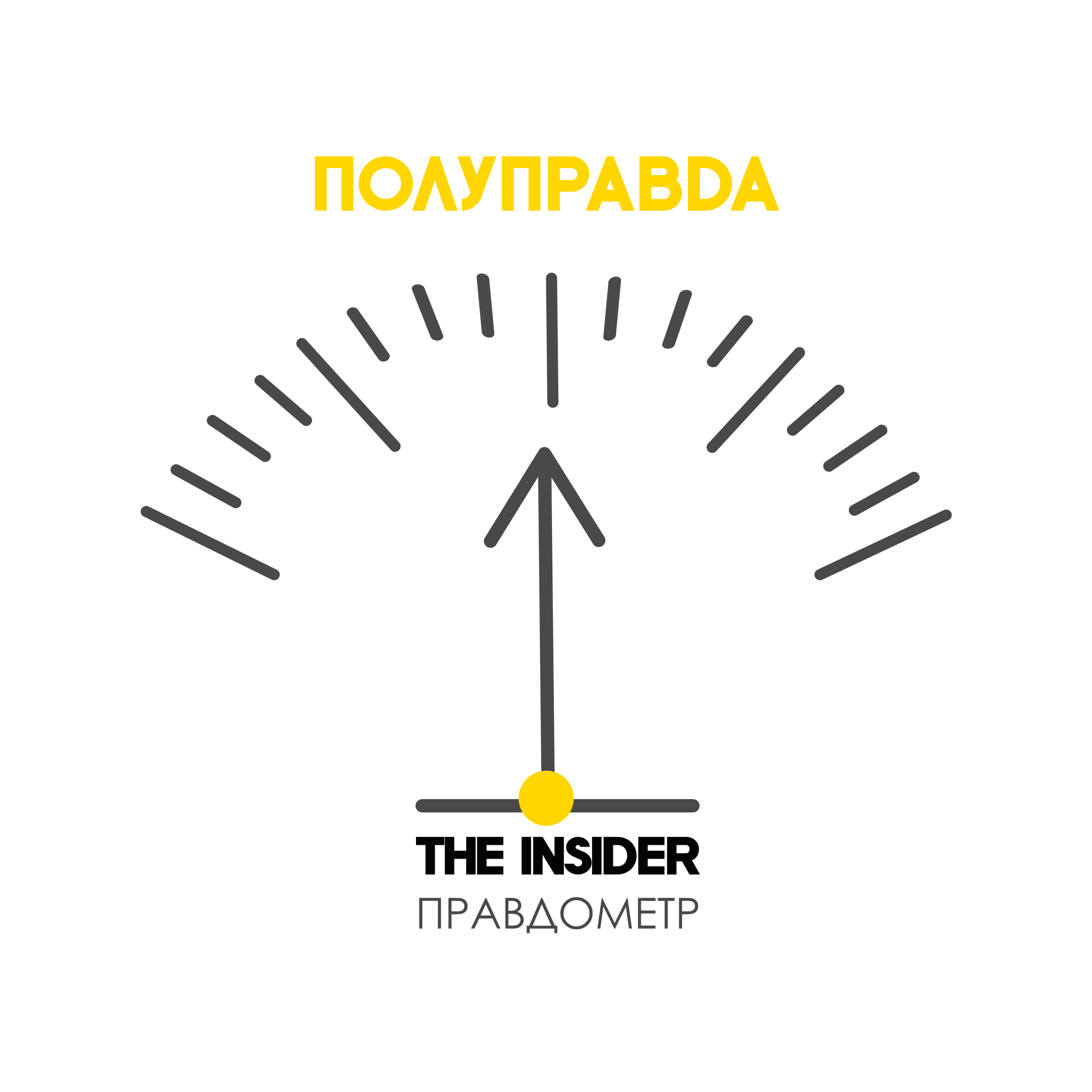RIA "Novosti" in the article under the heading "Norwegian Prime Minister spoke out against the isolation of Russia" writes:
“The West needs not to isolate itself from Russia, but to communicate with it directly,” Norwegian Prime Minister Jonas Gahr Støre said in parliament, quoted by NRK television.
“There is nothing good in isolating Russia. It is alarming that today we have so few contacts and direct communication with Russia,” the prime minister said.
According to Støre, the lack of dialogue weakens the possibility of reaching a peaceful settlement. He called the current political situation the most difficult since the Second World War.

Støre indeed spoke in favor of maintaining direct contacts with Russia, but this is the only phrase in his speech that can be presented as a sign of friendliness. In fact, he described the political situation and the Russian leadership as follows:
“Statements by the Russian leadership indicate that Russia is moving towards a long-term break with the West. But an isolated Russia is bad. It is alarming that today there are so few contacts and direct communication with Russia. This weakens the possibility of reaching a peaceful settlement of the war. <…>
Today's Russia has pronounced totalitarian features. We have seen many such regimes throughout history. They have a strong façade, but behind the façade, those who make decisions experience fear and insecurity, which are often offset by cruelty. <…>
Mobilization bears the stamp of chaos and chance. The mobilized soldiers are poorly trained and under-equipped; they seem to lack motivation. But the mobilization shows the regime's readiness to continue the war and sacrifice the lives of thousands of its own citizens."
In addition, Støre announced an increase in aid to Ukraine by NOK 10 billion (about $950 million) this year and next, and denounced threats to use nuclear weapons as irresponsible. According to him, the purpose of the threats is to weaken the solidarity of the West with Ukraine, they are a form of blackmail.
It is curious how, with all the anti-Western rhetoric, Kremlin propagandists are desperately trying to find in the statements of the leaders of the West at least something that could be interpreted as a manifestation of pro-Russian sentiments, even if for this it is necessary to take individual words out of context in the most rude way.


